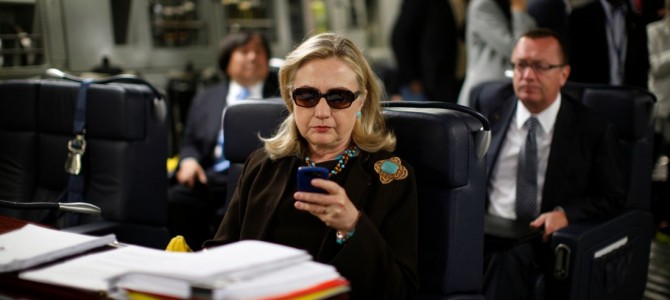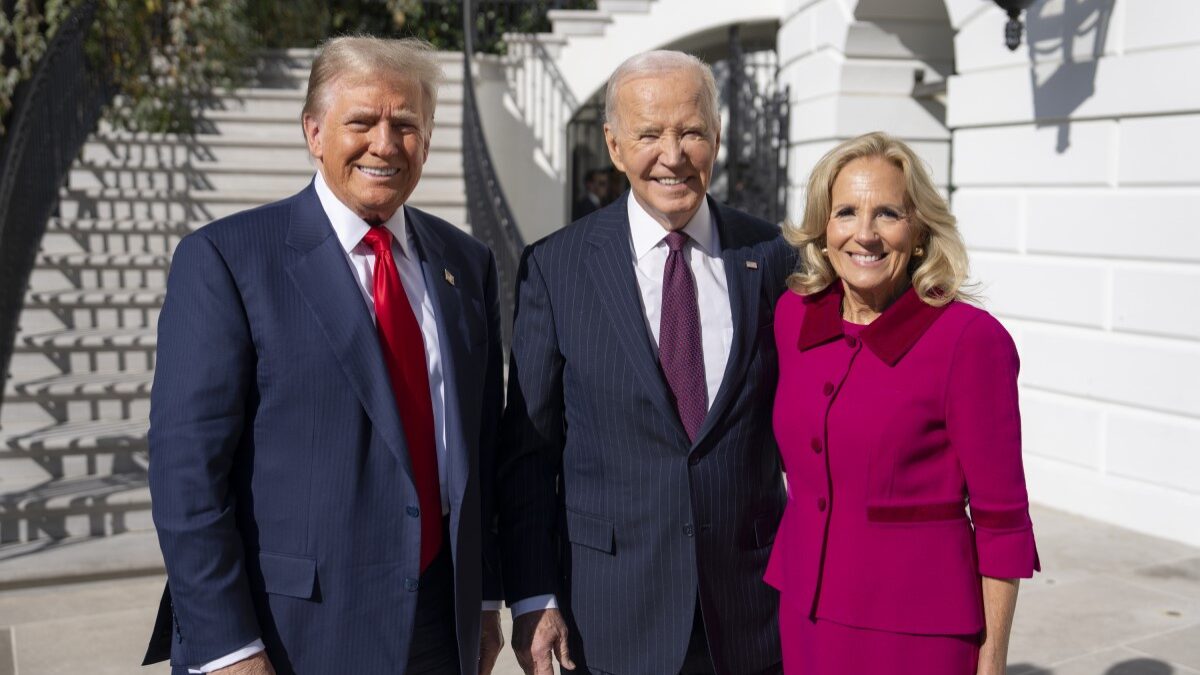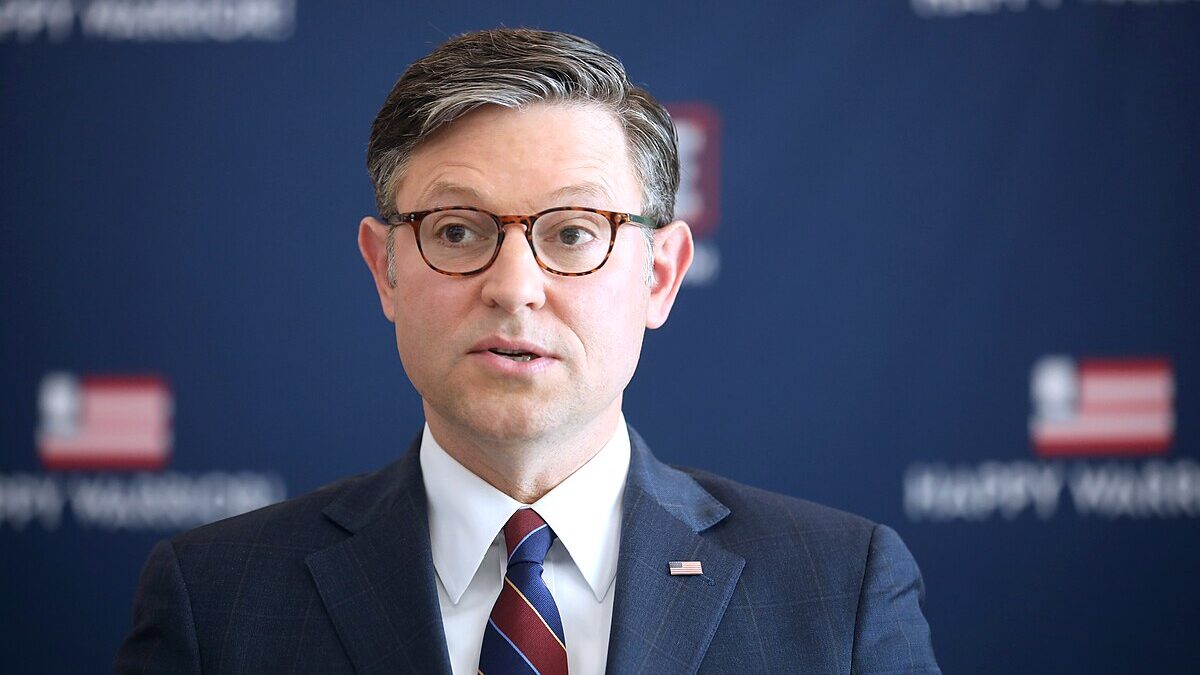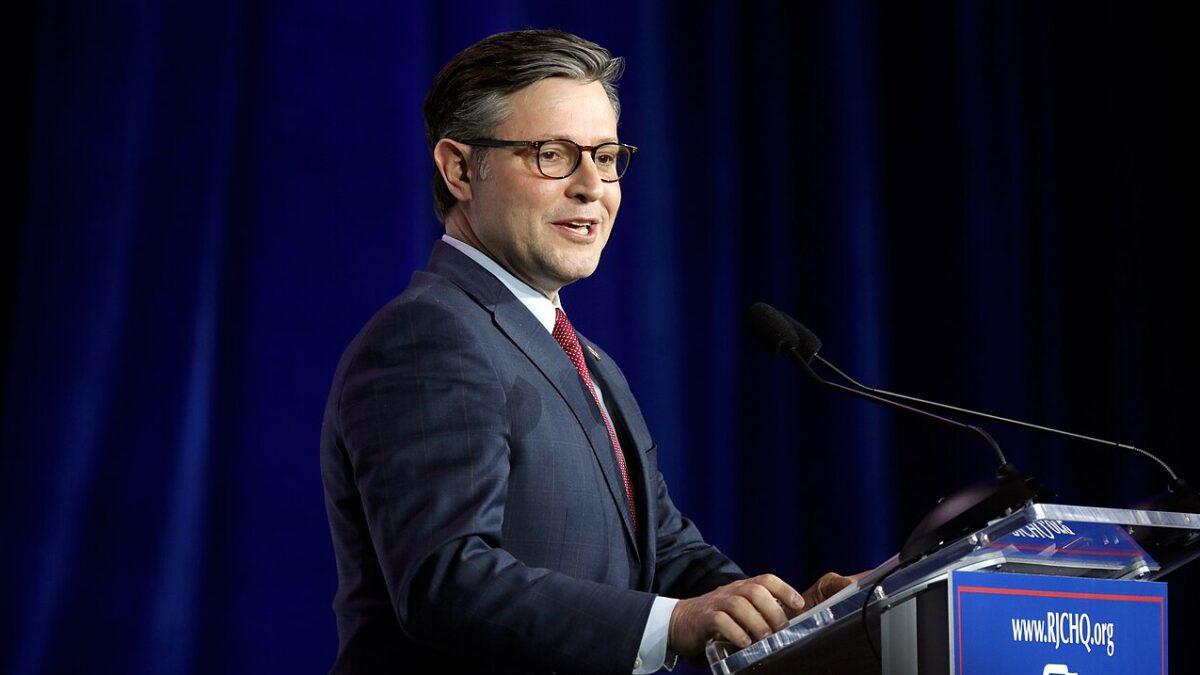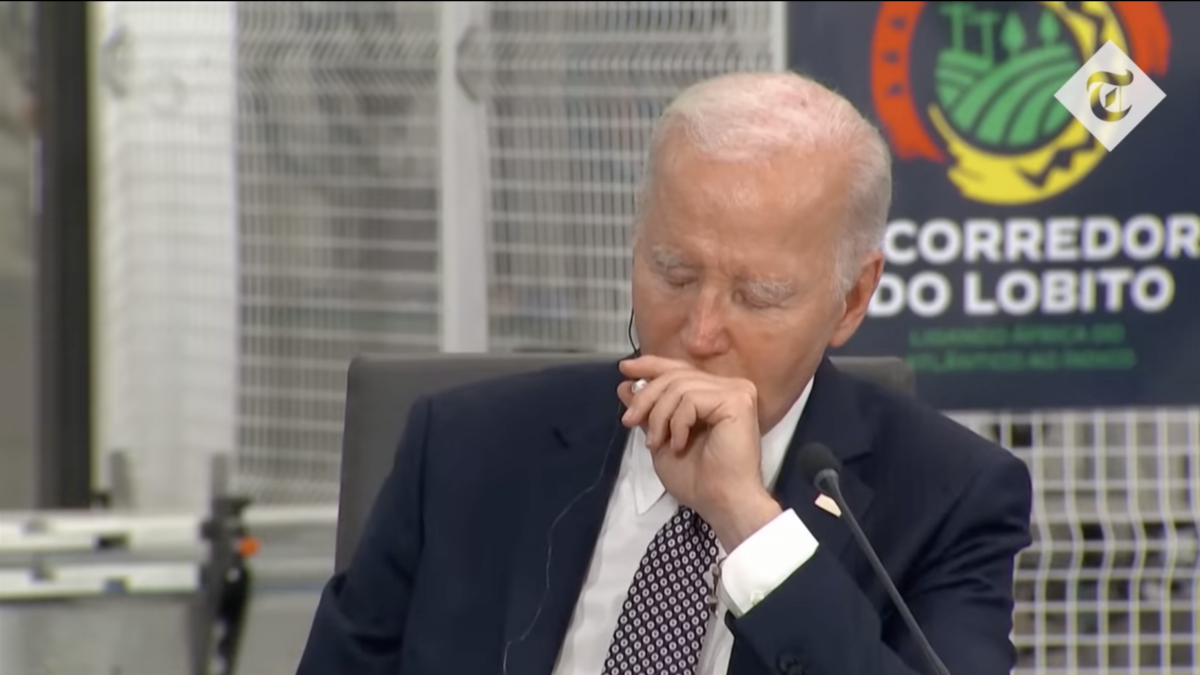A newly released email from Hillary Clinton’s tenure as Secretary of State shows that the United States embassy in Tripoli, Libya, begged the State Department to stop falsely claiming an inflammatory video played a role in the attack on a U.S. consulate in Benghazi on Sept. 11, 2012.
In the days immediately after the Benghazi attack, Clinton and other Obama administration officials frequently claimed that protests over an inflammatory video led to the deaths of four Americans. While Clinton was privately communicating to family members and foreign officials that the compound had been attacked by Al Qaeda-linked elements, her public statements focused on the video. In the hours after the attack, she said:
“Some have sought to justify this vicious behavior as a response to inflammatory material posted on the Internet,” Clinton said. “The United States deplores any intentional effort to denigrate the religious beliefs of others. Our commitment to religious tolerance goes back to the very beginning of our nation. But let me be clear: There is never any justification for violent acts of this kind.”
A few days later, at a “Transfer of Remains Ceremony to Honor Those Lost in Attacks in Benghazi, Libya,” she said:
This has been a difficult week for the State Department and for our country. We’ve seen the heavy assault on our post in Benghazi that took the lives of those brave men. We’ve seen rage and violence directed at American embassies over an awful internet video that we had nothing to do with. It is hard for the American people to make sense of that because it is senseless, and it is totally unacceptable.
During this time, talking points were rewritten by Obama Administration officials to give the impression that spontaneous protests over a video — and not a sophisticated pre-planned attack at an under-secured American facility — were to blame. That political spin was causing problems back in Libya, according to a newly released email from U.S. embassy in Tripoli. The email urged political officials in DC to be more “cautious” and stated that the video was “not as explosive of an issue here as it appears to be in other countries in the region.” The email, redacted in parts, says:
“Colleagues, I mentioned to [redacted] this morning, and want to share with all of you, our view at Embassy Tripoli that we must be cautious in our local messaging with regard to the inflammatory film trailer, adapting it to Libyan conditions. Our monitoring of the Libyan media and conversations with Libyans suggest that the films [sic] not as explosive of an issue here as it appears to be in other countries in the region. The overwhelming majority of the FB comments and tweets we’ve received from Libyans since the Ambassador’s death have expressed deep sympathy, sorrow, and regret. They have expressed anger at the attackers, and emphasized that this attack does not represent Libyans or Islam. Relatively few have even mentioned the inflammatory video. So if we post messaging about the video specifically, we may draw unwanted attention to it. And it is becoming increasingly clear that the series of events in Benghazi was much more terrorist attack than a protest which escalated into violence,” the official continued. It is our opinion that in our messaging, we want to distinguish, not conflate, the events in other countries with this well-planned attack by militant extremists. I have discussed this with [redacted] and he shares PAS’s view.”
Clinton continued to participate in a public narrative emphasizing the video while privately focusing on terrorism. See, for example, this write-up of a phone call confirming terrorists were responsible for the attack in which she tells the Egyptian Prime Minister that the video “had nothing to do with it.”
What Secretary Clinton told Egypt's Prime Minister the day after the #Benghazi attack: https://t.co/7J6OY7yUSF pic.twitter.com/UJYU9ayz9f— Benghazi Committee (@HouseBenghazi) October 23, 2015
Her own email correspondence shows that Clinton had two different stories surrounding the cause of the Benghazi attack from day one. Under her leadership, the State Department pushed out a false, and politically advantageous, narrative to the American people blaming an internet video, while privately acknowledging that the events in Benghazi were purely motivated by terrorism.
